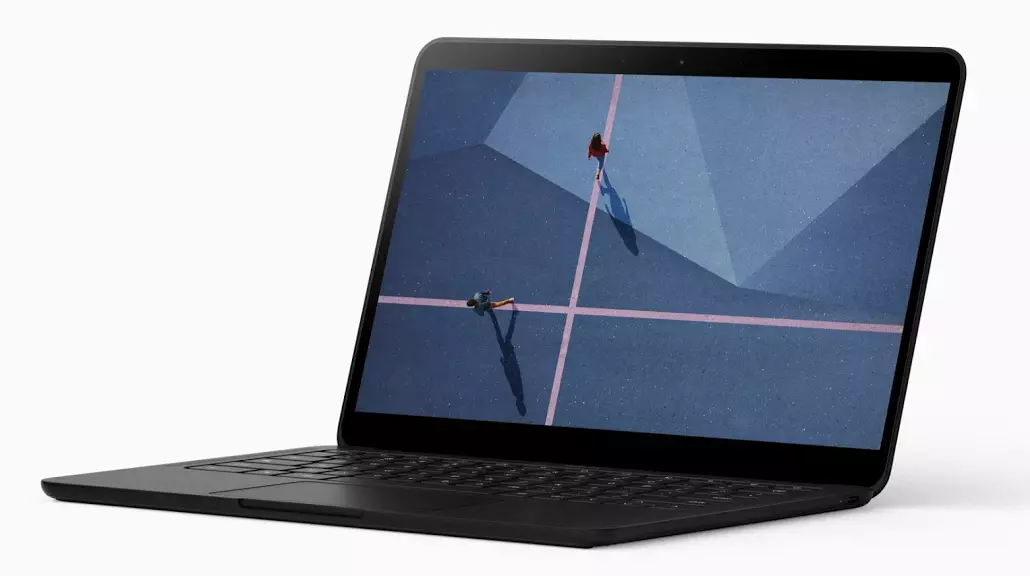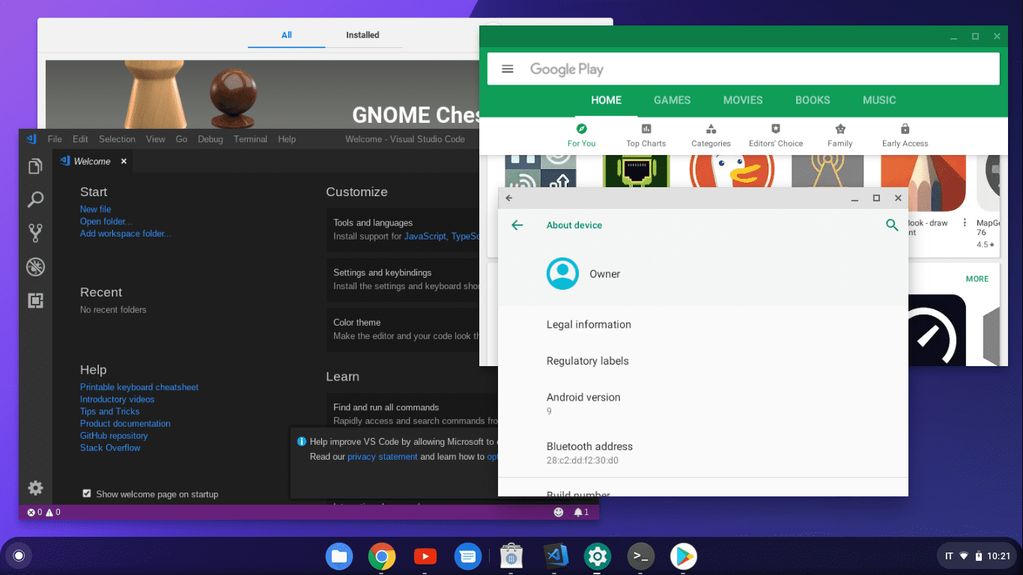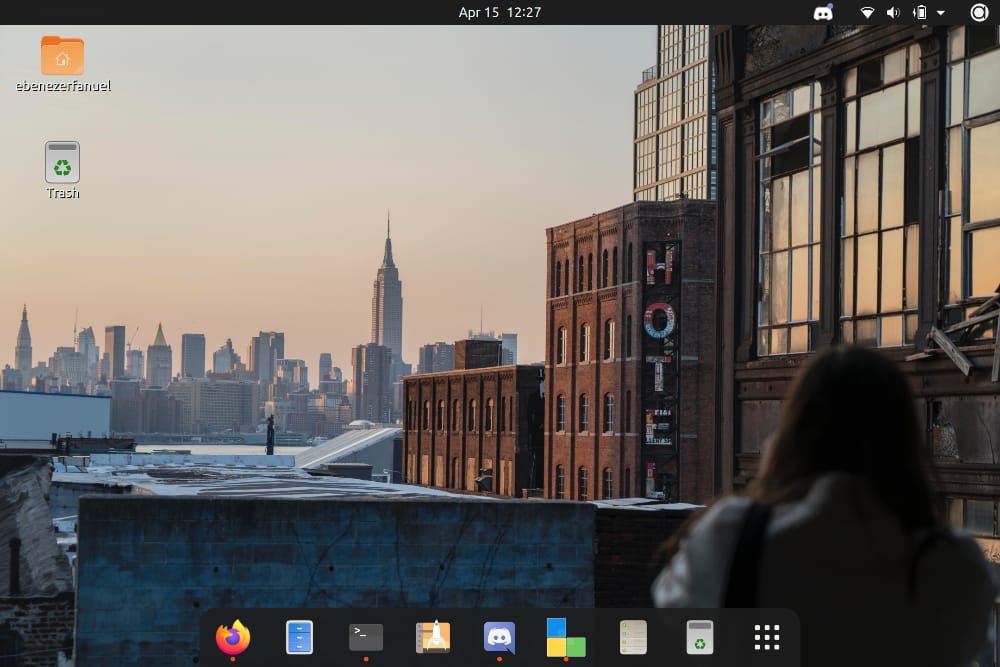
12 Important Customer Service Skills in 2024
Excellent customer service has always been, and always will be, essential for any company's success. Here are the 12 most important customer service skills.
Read nowThe following is my personal opinion. I’m not affiliated with any of the companies mentioned below, nor did anyone pay me for this post.
Are you currently looking for a Chromebook? Maybe the new Samsung Chromebook or the latest Pixelbook Go? Is the device you are looking at coming with a price tag of around $700 or more?
If so, I think you own it to yourself to look into the future and agree that circumstances and especially the way we live will change. Who is to say that you will not change your career in three years from now? Who knows where you will be in three years from now.
That said, if you buy any of the Chromebooks currently on the market, you will limit yourself and will buy another device. The reason for this is because you will not be able to extend your memory or your hard disk. Of course, Google will try to convince you to store everything in the cloud, preferably only with services they offer, and that 8 GB of memory is – enough for everyone.

I have been in the IT industry for over 30 years now, and I can tell you with a 100% guarantee that the demand for faster and more capable devices has never been more significant. Did you ever think about why the latest phones have more CPU cores and quicker performance than your laptop from two years ago?
Apple & Co. delivers those devices, not because we demand it; it’s because the operating system needs to handle several tasks at once. All the shiny graphic and smooth scrolling taxes the CPU and uses memory. It’s not only the OS but the applications themselves that put additional strain on the device. If you’ve started a Java application lately on macOS with 8 GB Ram, and at the same time have several tabs in your Chrome browser open, you know what I mean.
Speaking of Chrome and ChromeOS, many mention how fast and easy it is. While this is true in the pure strict sense of only using your Chromebook for browsing and watching videos, it is an entirely different picture when it comes to the future of ChromeOS.

Sure, ChromeOS started as a “simple” OS, and while I believe this was the intention of Google at first, the picture looks different now. Just like any company, they are looking to gain market share and profits from any department. Google realized that there is an opportunity for a “simple OS” in the Enterprise; after all, we all know that money is in the Enterprise business. Case in point, Google has a dedicated site for Chromebooks for Enterprises and started adding features that Businesses require. Additionally, it wants developers to be happy as well and started to create a virtualization layer for Linux (Linux beta). All this takes resources, CPU power, and memory.
Most Chromebooks you will see on the market today come with a low-powered CPU that is years old. Even the latest Pixelbook Go i7 model has a “Y” powered CPU. Of course, you can argue that you don’t need a fast CPU for web browsing. Though, I wager that your old PC will show the same web page much slower than your latest phone. You are thus proving the point that CPU speed does matter. Heck, I even will the difference in browsing the web on my one-year-old desktop compared to my latest laptop from a week ago.
Especially as web applications will become more powerful, they also need more RAM. Besides, many web applications use a lot of front-end Javascript and do many of the processing “client-side,” i.e., in your browser. Did you ever see that a page is loading forever or had to “kill” a website? A shared experience with devices with only 4 GB of memory.
So, why did I go rambling about the operating system, CPU, and memory? Well, if you are about to shell out $700 or more on a Chromebook, you might want to think twice and look at alternatives.
For example, the latest mid-range Pixelbook Go with an i5 CPU, 16GB Ram, and 128 GB SSD will set you back $999 (before tax). While a gorgeous device, you are getting something you cannot extend in any way. Frankly, it’s a throwaway device that comes with a limited lifetime (and I’m not even speaking of the limited ChromeOS lifetime here).
Now, let us compare this to something similar in the standard laptop market. For this comparison, I’ve chosen the latest laptop from System76, which is only 2.2lbs and has about the same features. Configured with the same specs (the smallest SSD is 250GB), it will set you back $1,164 (before tax). However, and here is the stark difference, you can extend the memory to 40 GB and add up to 4 TB of disk space. The device is lighter, comes with more ports, and has a battery life of up to 21 hours (no joke).
Now, you might say that this device runs Linux and that you have no experience with Linux, and that it’s difficult and only for geeks. Here is the kicker; today’s Linux is not your grandfather’s Linux anymore.
Vendors like the beforementioned System76 created their own Linux-Distribution (Pop!_OS) and tailored the operating system to the hardware (just like Apple does with macOS). Pop!_OS comes pre-installed and is very easy to use. If all you want is to use a web browser, watch some videos, and work in web applications, you will feel right at home with Pop!_OS. However, you are now not confined to one vendor (Google) and can install other browsers or even applications. I wager with you that you will be able to do that without difficulties. I know there is a lot of “Geek” stuff around Linux out there, but I can assure you, you don’t need all that. Pop!_OS made Linux possible for mere mortals.

I know, I sound like some die-hard Linux fan. However, nothing is farther from the truth. I’ve used macOS extensively for years, starting with OS 6.x. I was one of the first buyers of the iPhone. Oh, and I even ran an Apple retail store for many years at one point. I’ve also had my fair share of experience with the Windows world. I’ve rocked a Surface 3 (lovely device) and later on a SurfaceBook for a while. I also like what Microsoft is doing with Windows 10 today. While I’ve been managing hundred of Linux servers, I could never make Linux on the desktop work for me 100%. I could only migrate to the Linux desktop as my daily driver some time ago.
Linux has come a long way, and I can only encourage you to look into it. Chromebooks have a place in this world, as long as you know what you are getting.

Excellent customer service has always been, and always will be, essential for any company's success. Here are the 12 most important customer service skills.
Read now
Email delegation can reduce the burden on team members and spread the workload. Our guide to email delegation with a shared inbox will provide the answers.
Read now
Google Collaborative Inbox is a free inbox collaboration tool you can access by turning on Groups For Business. But does this Google feature have what it takes?
Read now
Automated customer service is a game-changer for businesses. Learn about the benefits, examples, and strategies for implementing automated customer service.
Read now
Empower your team and delight your customers.
